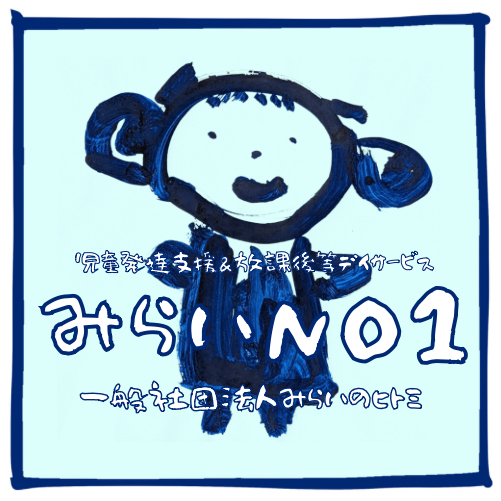For Professionals:
For therapists, life coaches, counselors, educators, clergy, trainers, and other mental health and well-being professionals, the Gottman Method is an approach to couples therapy that includes a thorough assessment of the couple’s relationship, and integrates research-based interventions based on the Sound Relationship House Theory. The goals of Gottman Method Couples Therapy are to disarm conflicting verbal communication; increase intimacy, respect, and affection; remove barriers that create a feeling of stagnancy; and create a heightened sense of empathy and understanding within the context of the relationship.
Learn more about Gottman Method Couples Therapy here. Most of our CE courses and certification in Gottman Method Couples Therapy are also relevant in non-clinical settings for other professionals who work with couples.
Click here to sign up to our Gottman Pro Newsletter for clinical professionals and receive updates on trainings, new courses, professional opportunities, and resources to help you dig deeper into Gottman Method Couples Therapy.
See The Gottman Method in action and learn ways to apply it with your couples in practice with the Art and Science of Love.
For Couples:
Looking for tools to help improve your relationship? The Gottman Relationship https://besthookupwebsites.org/daddyhunt-review/ Adviser, the world’s first complete relationship wellness tool for couples, takes the guesswork out of improving your relationship. Measure your relationship health with a research-based self-assessment, then receive a tailored digital relationship plan proven to heal and strengthen your connection.
For an in-depth analysis of your relationship health, check out the Gottman Assessment, a virtual relationship evaluation tool for couples.
Gottman Method Couples Therapy
Couples who enter into Gottman Method Couples Therapy begin with an assessment process that then informs the therapeutic framework and intervention.
AssessmentA conjoint session, followed by individual interviews with each partner are conducted. Couples complete questionnaires and then receive detailed feedback on their relationship.
Check out the online assessment tool the Gottman Relationship Checkup. Created by Drs. John and Julie Gottman, Affective Software, Inc., and The Gottman Institute, this online couples assessment tool automatically scores a relationship’s strengths and challenges and provides specific recommendations for intervention.
Therapeutic InterventionsInterventions are designed to help couples strengthen their relationships in three primary areas: friendship, conflict management, and creation of shared meaning. Couples learn to replace negative conflict patterns with positive interactions and to repair past hurts. Interventions designed to increase closeness and intimacy are used to improve friendship, deepen emotional connection, and create changes which enhances the couples shared goals. Relapse prevention is also addressed.
Build Love MapsHow well do you know your partner’s inner psychological world, his or her history, worries, stresses, joys, and hopes?
Share Fondness and AdmirationThe antidote for contempt, this level focuses on the amount of affection and respect within a relationship. (To strengthen fondness and admiration, express appreciation and respect.)
Turn Towards Instead of AwayState your needs, be aware of bids for connection and respond to (turn towards) them. The small moments of everyday life are actually the building blocks of relationship.
Manage ConflictWe say “manage” conflict rather than “resolve” conflict, because relationship conflict is natural and has functional, positive aspects. Understand that there is a critical difference in handling perpetual problems and solvable problems.
Make Life Dreams Come TrueCreate an atmosphere that encourages each person to talk honestly about his or her hopes, values, convictions and aspirations.
TrustThis is the state that occurs when a person knows that his or her partner acts and thinks to maximize that person’s best interests and benefits, not just the partner’s own interests and benefits. In other words, this means, “my partner has my back and is there for me.”
CommitmentThis means believing (and acting on the belief) that your relationship with this person is completely your lifelong journey, for better or for worse (meaning that if it gets worse you will both work to improve it). It implies cherishing your partner’s positive qualities and nurturing gratitude by comparing the partner favorably with real or imagined others, rather than trashing the partner by magnifying negative qualities, and nurturing resentment by comparing unfavorably with real or imagined others.
Who Can Benefit from the Gottman Method?
In his New York Times bestselling book The Seven Principles for Making Marriage Work, Dr. John Gottman writes, “Although you may feel your situation is unique, we have found that all marital conflicts fall into two categories: Either they can be resolved, or they are perpetual, which means they will be part of your lives forever, in some form or another.” Gottman says that 69% of marital conflicts are perpetual problems, and these are of particular focus in much of the work performed by Gottman-trained therapists.
The Gottman Method is designed to support couples across all economic, racial, sexual orientation, and cultural sectors. Outcome research has shown Gottman Method Couples Therapy to be effective for treating same-sex relationships.
- Frequent conflict and arguments
- Poor communication
- Emotionally distanced couples on the verge of separation
- Specific problems such as sexual difficulties, infidelity, money, and parenting
Even couples with “normal” levels of conflict may benefit from the Gottman Method Couples Therapy. Gottman-trained therapists aim to help couples build stronger relationships overall and healthier ways to cope with issues as they arise in the future. You can find a Gottman-trained therapist on the Gottman Referral Network.
